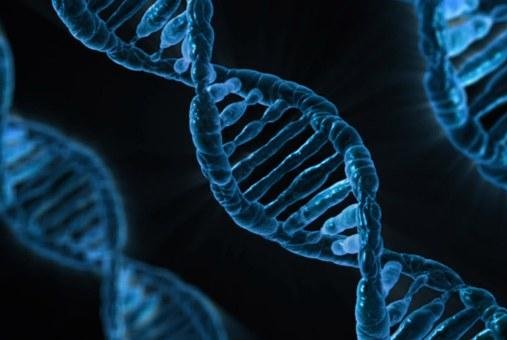 ‘
‘
WASHINGTON, Dec. 23 (UPI) — Researchers from the National Institutes of Health National Institute of Allergy and Infectious Diseases, or NIAID, have found a genetic immune disorder causing increased risk and poor control of Epstein-Barr virus and EBV-associated cancer.
The team studied two unrelated sets of siblings with uncontrolled EBV, which developed into Hodgkin’s lymphoma in three of the children. Researchers found the cause of their disease was a lack of the CD70 protein, which is found on the surface of different types of immune cells.
The children also had other immune symptoms, such as reduced activity of pathogen-fighting T cells, low production of antibodies and poor activation of antibody-producing B cells.
Researchers found that in the genomes of all four children, each had two mutated copies of the CD70 gene, which resulted in nonfunctioning or nonexistent CD70 proteins.
The parents had healthy immune systems and only one copy of the mutation, meaning that CD70 deficiency follows an autosomal recessive pattern of inheritance. The children received a flawed gene from each parent in order to have symptoms.
The study gives researchers insight into the normal role of CD70 and findings were confirmed based on previous studies that showed CD70 interacts with CD27, which is vital for the proper function of lymphocytes.
There is no specific treatment for CD70 deficiency currently, but each of the four children in the study have recovered from Hodgkin’s lymphoma and are receiving antibody infusions to help boost their immune systems.
[“source-ndtv”]









